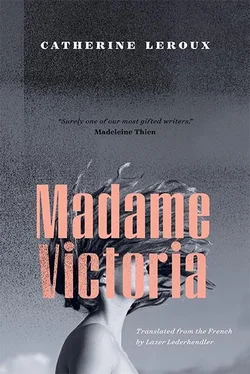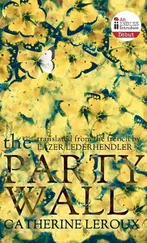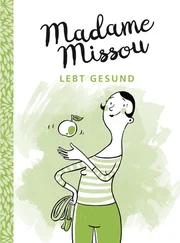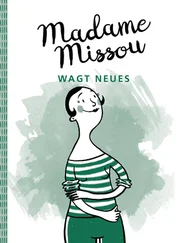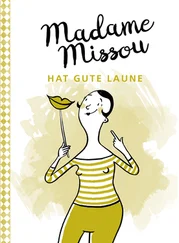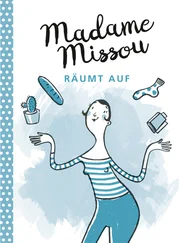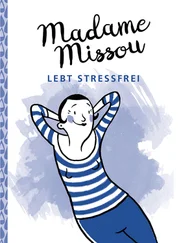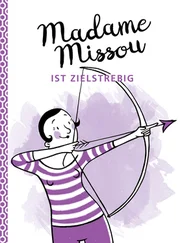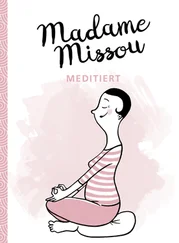From that day forward, deaf to the stenographers’ snide remarks, Victoria sat down each night at a table in the pub, where, realizing her natural resistance to alcohol, she drank while keeping intoxication at bay and let the fact she was woman gradually be forgotten. A few weeks on, as if by magic, her supervisors took notice of the woman who was rescuing everyone’s articles and discreetly suggesting stories to the assignment editor, a number of which had ended up on the front page. It was a small step from rewriting the reports she had proposed to producing her own pieces, a step the paper’s management took with the heady impression of crossing the Strait of Magellan. Victoria was the first female reporter in the history of the daily.
She began to work at a frantic pace, arriving at dawn and leaving long after the paper had gone to press. On the pretext of lending a hand she did a little of everything and gained experience in every job, especially the top-level positions. The years went by, but the hollow space at the core of her being that she strived to fill with achievements both great and small was still not full.
One night the publisher summoned Victoria to his office, apparently surprised at his own initiative. The news editor, a tired man whose obesity aggravated his asthma and vice versa, was retiring. For a long time now, when Victoria had finished her articles she would unobtrusively come over to assist him and step in whenever discouragement and bourbon got the best of the old man. She flitted around the plates, made child’s play of the most crowded layouts, and raised her glass with him once the edition was finally wrapped up.
Sounding like someone christening a ship, the publisher offered her the position.
“You’re young, but you know this job better than anyone. We said to ourselves, let’s give our little Victoria a chance.”
Victoria took the proffered cup, which contained a shimmering splash of amber liquid.
“I work harder than all my colleagues put together. Chance has nothing to do with it, sir.”
She clinked her glass against that of her stunned superior and poured a thread of alcohol between her lips. Her first taste of Scotch. The liquor inundated her mouth like a conquering army.
She had never felt love or desire or anything intense except her calculated ambitions, from which she derived precious little sensual pleasure. That first mouthful of single malt was her first encounter with true passion, with the fervour that carries away whole nations and divides continents. She drained her glass as the bemused publisher looked on, her body alert, her mind more razor-sharp than ever. She was an arrow resolutely pointed north.
Nothing could hold her back. After running the news desk for a few years she moved to the assignment desk before finally joining the management. At every new level she smashed a wall that she was the first woman to break through. She did not look back, gave no more thought to the stenographers, who from now on kept their sneers to themselves, nor did she pay any attention, whenever she passed by there, to the college that had given her nothing but the urge to escape from the world it proposed. She raised high her glass of whisky, closed her eyes, and sucked in the fruits of her obstinacy.
She was given a secretary. Had Olivia been an uneducated, overly made-up woman she would have been easy to hate. But she looked nothing like the cliché that Victoria had always despised. Tall, bright, and boyish, Olivia spent her breaks reading progressive journals or writing suffragist leaflets. She admired Victoria no end and took advantage of every opportunity to ask about her work, her youth, her ideals, unable to accept that her boss’s actions were not underpinned by any grand principle.
“Do you realize you’ve paved the way for the women of Quebec?”
“No. I paved my own way, and sometimes I’m sorry I didn’t lob a grenade behind me.”
“But my whole generation is in your debt. You’re a pioneer.”
“Exactly. And pioneers don’t travel across continents to wait for the others to catch up. They do it to find some peace and get away from social clubs.”
But Olivia was right. Over the years more and more women had made their way into the newsroom. The young female journalists were looking for a mentor and they all turned to Victoria. But she was used to managing a male staff and found herself at a loss for how to deal with their apprehensions, their hesitations, and their muffled sobs in the washroom. Her bafflement soon changed into annoyance and then hostility. Seeing the editor’s lack of sympathy toward the newcomers, Olivia took it upon herself to welcome them. On the strength of her boss’s authority, she provided advice and guidance on the world of the newspaper, gradually transforming the waiting room of her office into a gynaecium abuzz with complaints about anything and everything. An exasperated Victoria finally exploded:
“If you can’t come to work without whining you’re not cut out to be journalists. Murders, plots, disasters—in a word, reality—is not for the faint-hearted. Next time I hear anyone so much as squeak, I’m throwing her out.”
While the terrified young women scuttled out of the office, Olivia glared at her supervisor.
“You could try to be more considerate. After all, they’re the ones who will be taking over from you.”
“I certainly hope not!” Victoria exclaimed.
Her assistant let out an irate sigh.
“Is there anything else?” Victoria barked.
Olivia frowned. “You shouldn’t drink so much.”
“Excuse me?”
“Liquor makes you cruel.”
“It’s not ‘liquor.’ It’s Scotch. And if it didn’t exist your little friends would already have been fired, and you too. Starting now, your job here is to answer the telephone, organize my schedule, and keep that brood of hens away from me.”
Victoria felt satisfied as she sank into her armchair. Yet what she had just said was not quite true. The Scotch did not help her tolerate others, and she did not drink out of despair or dependence. She drank out of love. Her goal was neither to forget nor to feel numb or satiated. She simply wished to make contact with that elusive, shifting, multiform essence that understood her, just as she herself intuited Scotch. But it was out of the question for her to explain this to anyone, especially not her secretary.
From that day on Olivia adopted a steadfast coldness that suited Victoria in every respect. Bolstered by the support of her secretary, she took the daily in new directions, crushed her adversaries, and became an integral part of the complex networks shaping the province’s destiny. From behind the shaded windows of her office she orchestrated the downfall of a politician, the ascension of a starlet, and the disclosure of a scandal. She dominated her world with neither pity nor cruelty but with blade-like precision.
The more power she acquired the more she avoided the limelight, shunning the galas for the tranquility of her office and decisions made quietly, when everyone else was asleep. Before going on to the next matter at hand, she would pour herself a few shots of Islay or Highland or Speyside, indulging her pleasure without compunction, getting drunk as if by accident, as a side effect of the kiss bestowed on her by her high-priced bottles. But she left her most precious Scotch untouched. The flask of Eon Special Reserve remained at all times in the inside pocket of her jacket, close to her heart. Whenever her colleagues teased her about it, her face took on a stony expression.
“Come on, Vic, how about sharing a little? We’ve just bought our top competitor!”
“It’s a one-of-a-kind blend, and it’s mine alone.”
“But never tasting a drop of a whisky like that—what a waste!”
Читать дальше
